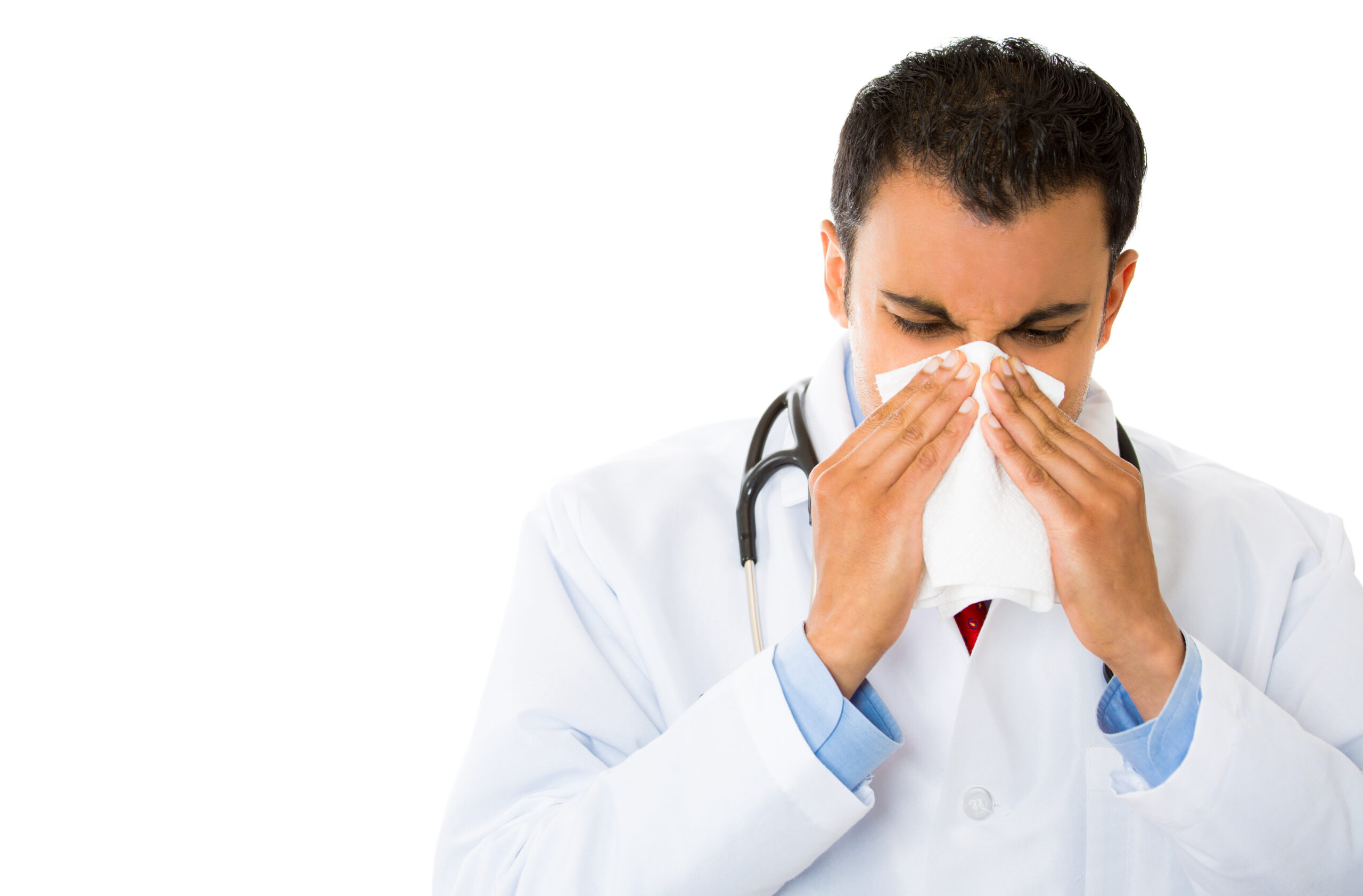Colds and flu are common illnesses that most people experience at some point in their lives. While these illnesses can be unpleasant and may cause people to miss work or school, they are usually not serious and can be treated at home with rest and over-the-counter medications. However, even doctors, who are trained in medicine and know how to treat these illnesses, can still get colds and flu. So, how do doctors treat their own colds and flu?
First, it is important to understand that doctors, like everyone else, should take preventive measures to reduce their risk of getting colds and flu. This includes washing their hands frequently, avoiding close contact with sick people, and getting vaccinated against the flu.
If a doctor does get a cold or the flu, the first line of treatment is usually to manage the symptoms at home. This may involve taking over-the-counter medications to relieve symptoms such as fever, aches, and congestion. Doctors may also recommend getting plenty of rest, drinking fluids, and using a humidifier to help with congestion.
If the symptoms are severe or do not improve after a few days, a doctor may need to seek medical treatment. In this case, the doctor may go to a medical facility or visit a colleague to receive treatment.
One thing to consider is that doctors, like all individuals, have insurance to cover their medical expenses. This may include coverage for the treatment of colds and flu, as well as other illnesses and injuries. It is important for doctors to understand their insurance coverage and to follow the guidelines for seeking medical treatment.
In summary, doctors treat their own colds and flu by managing their symptoms at home, seeking medical treatment if necessary, and following the guidelines of their insurance coverage. By taking these steps, doctors can recover from their illness and get back to work as soon as possible.



